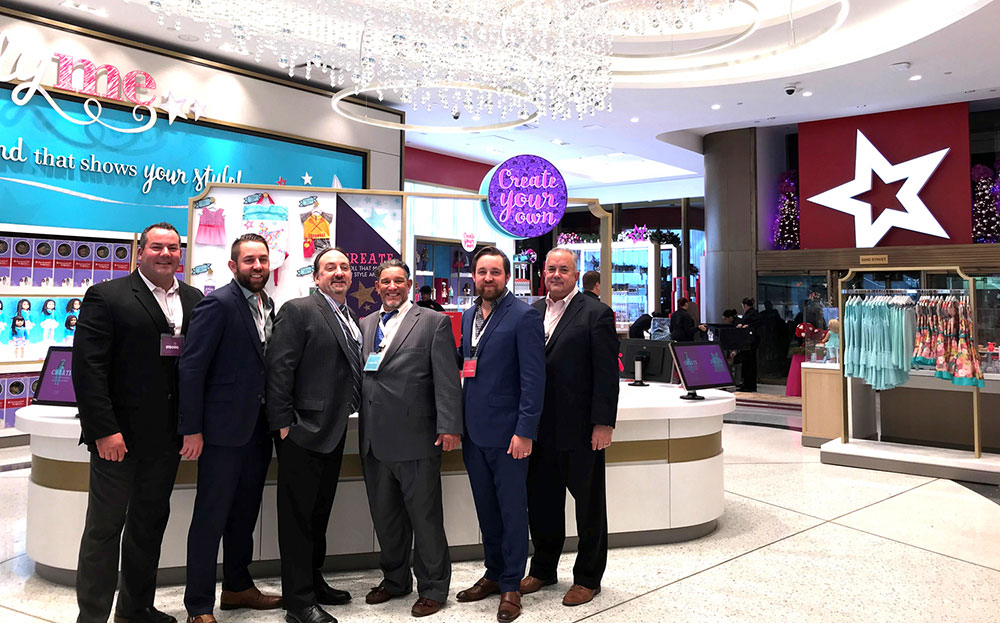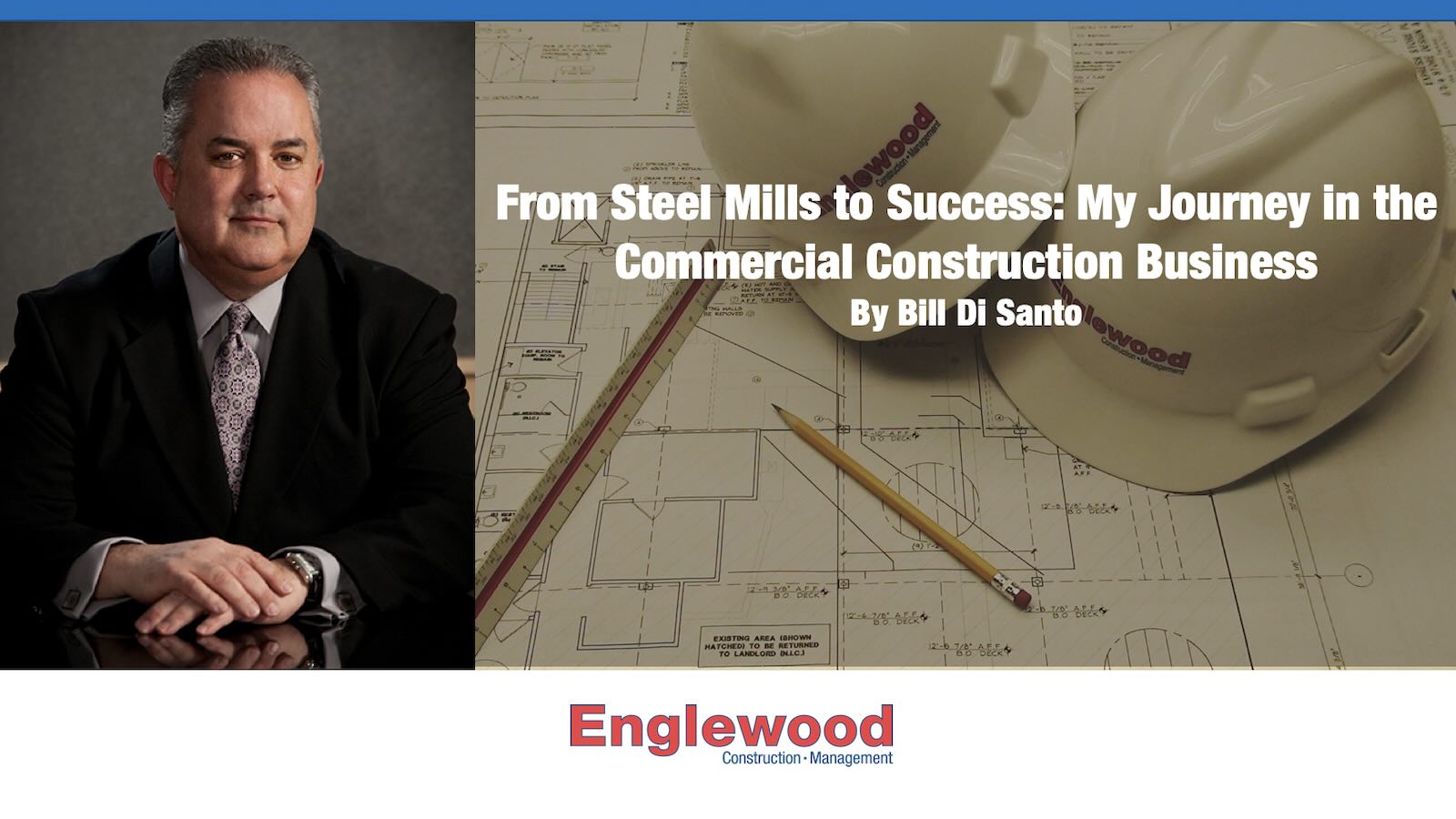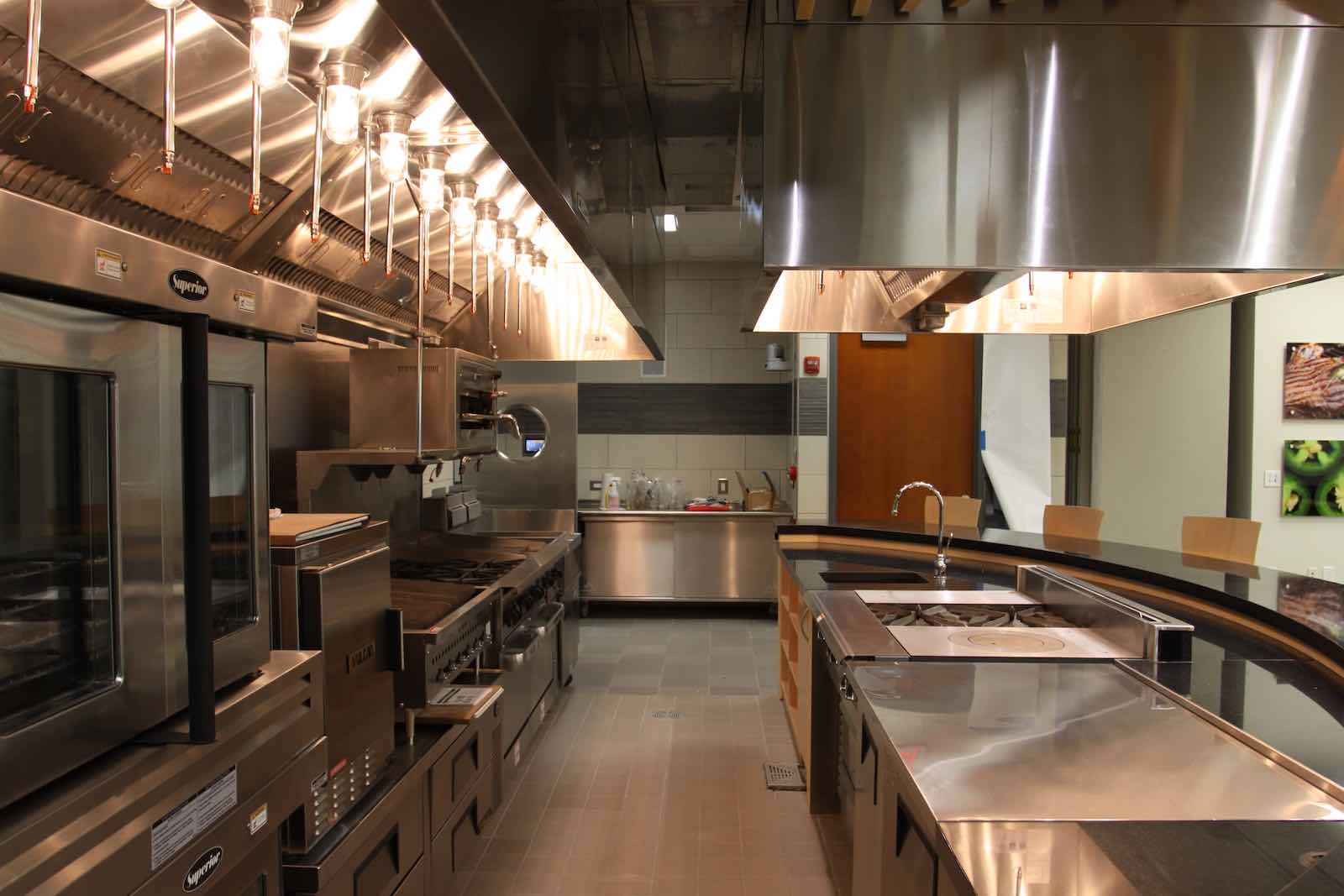Commercial Construction Trends: Highs and Lows of 2017
As we close in on the final days of 2017, it’s time once again for our annual commercial construction blog post reflecting back on the positives – and the negatives – that have impacted our business and the industry as a whole over the last 12 months. Here’s a rundown of our top commercial construction trends – both the “highs” and “lows” – from 2017:
High – Guys and Dolls: Englewood Completes New American Girl Manhattan Flagship Store
A true highlight of 2017 for the entire Englewood team was the opportunity build out a new flagship store at 75 Rockefeller Plaza in New York for our long-time client American Girl. We are so proud to be working with American Girl nearly a decade after completing the first of our many projects for the brand over the years. This longevity showcases the client-contractor relationship at its best, when the construction firm becomes a trusted partner and true collaboration is possible.

And while the retail construction arena remains relatively flat overall, the new American Girl store highlights a bright spot, with brands seeking new ways to connect with consumers via the in-store experience. While high-end flagship store projects don’t come along every day, smart brands like American Girl continue to recognize the importance of engaging with their customers directly, and make it a priority to keep their in-store environment fresh by introducing prototype concepts and new experiential elements.
Low – The Labor Shortage: It’s Real, and It’s Not Going Away
We’ve been talking about the construction labor shortage as an industry ‘low’ for the last several years, and 2017 proved to be no different. The bright side of the labor shortage is construction activity has rebounded significantly, but unfortunately workforces were so depleted during the downturn that they haven’t yet recovered to match the current level of work.
That means general contractors like ourselves continue to deal with the fallout from the construction workforce shortage, and the new reality of its impact on everything from construction pricing to overall project timelines. We’re also finding new strategies for working with subcontractors to ensure we can deliver projects on time and on budget for our clients. For example, with our network of subcontractors across the country, Englewood has been able to mitigate the labor shortage by bringing in trade workers from other cities – sometimes from hundreds of miles away – if needed.
High – Restaurant Groups Serve Up Extra Helpings of Mid-Level Brands
Restaurant construction continues to be a strong path for Englewood, and in 2017 we saw an uptick in our work with family-casual brands. While high-end restaurant construction is still happening, those projects now tend to be one-off openings or boutique eateries. Instead, we’re seeing national restaurant groups focus on mid-level brands – such as Outback, Longhorn Steakhouse, Olive Garden and BJ’s Restaurant and Brewery – as they add locations in new and current markets. Englewood is an ideal partner for these restaurant groups as they expand into new regions since, as a national commercial contractor, we have a proven track record of successfully completing projects in markets across the country.
Low – The Incredible Shrinking Construction Timeline
One trend we continued to see in the construction industry in 2017 was clients asking us to deliver projects on tighter and more compressed construction timelines. Today we are building out restaurants in 22 weeks instead of 30, and the typical hotel construction timeline has been squeezed from 10 to 12 months to an 8- to 10-month turnaround.
Some of this is due to the fact that much of Englewood’s client base today is public companies that must hit opening dates for new restaurant or retail locations that have been promised to Wall Street. That makes it essential we be involved in the pre-construction planning process to help identify factors that could impact construction timing for a project, and set realistic – although still aggressive – schedules. This issue is also compounded by the construction labor shortage, since it’s not as easy to make up time on a project by bringing in subcontractors to work overtime. That’s where, once again, our resources as a national contractor come in to play, since we have the ability to draw subcontractors from other markets if needed.
High – Clients See the Light with Preventative Facility Maintenance
One of the fastest-growing segments of our business at Englewood is our Facility Maintenance Group, which saw a real uptrend in activity in the past year alone. It’s definitely gratifying to see our clients are listening when we explain the benefits of instituting a preventative facility maintenance program – which can extend the life of building systems by properly servicing them and avoid costly emergency repairs by catching issues before they become critical.
While some of our new Facility Maintenance clients simply see the benefit of scheduled preventative maintenance to their bottom line, many are also realizing the value of having a trusted construction partner on call, whether the need is the build-out or renovation of a new space, or a service call for an HVAC system. In the current fast-paced business climate where time is money, having that single point of contact for all construction and facility services is an efficiency that provides a real return for our most sophisticated clients.
Happy holidays to everyone from the entire team at Englewood Construction. We’d especially like to thank all of our clients and partners who made 2017 yet another great year for us in commercial construction. We hope you’ll check back in with us in January, when our next Hard Hat Chat post will look ahead to the trends that will shape commercial construction in 2018.
President
Tel: 847-233-9200 x710
Questions? Comments?
You can reach me at bill.disanto@englewoodconstruction.com
www.englewoodconstruction.com



